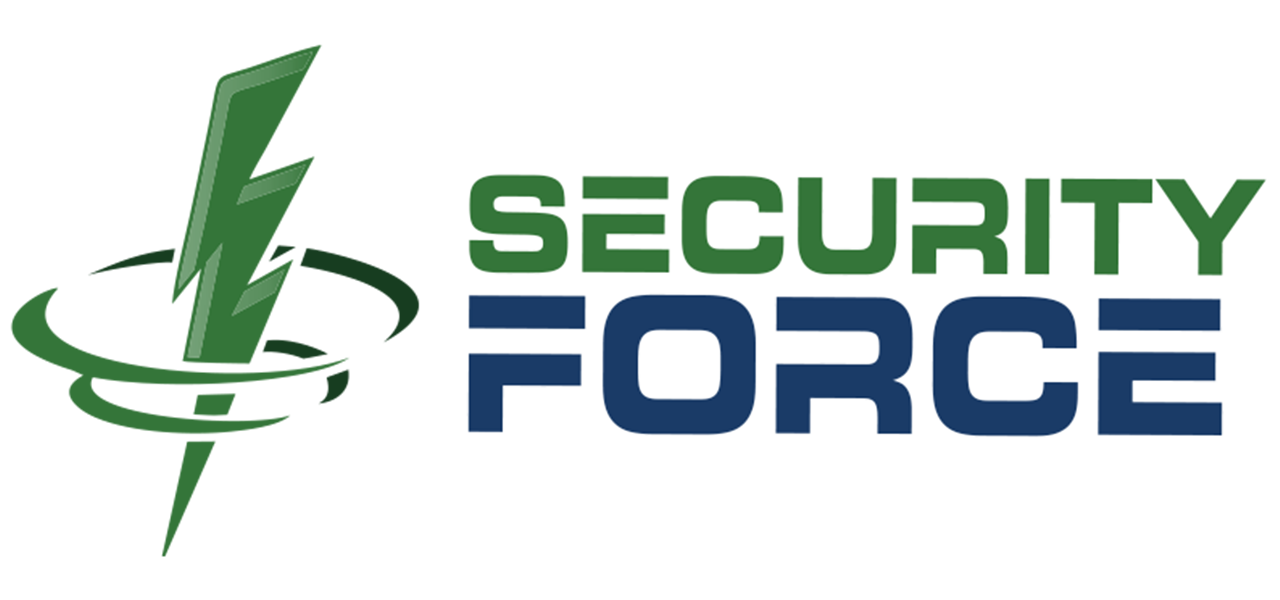Access Control Systems: Managing Who Enters Your Business Premises
In today’s security-conscious world, controlling who enters your business premises is more important than ever. Whether you operate a small office, a retail store, or a sprawling corporate campus, the ability to regulate entry points and protect sensitive areas is critical to maintaining safety, efficiency, and privacy. Access control systems are powerful tools that empower businesses to manage entry and safeguard their operations against unauthorized access.
What Are Access Control Systems?
Access control systems are security solutions designed to regulate who can enter a building, specific rooms, or designated zones within a property. By leveraging advanced technologies such as electronic key cards, biometric readers, and mobile credentials, these systems replace traditional locks and keys with smarter, more secure alternatives.
Key Benefits of Access Control Systems
- Enhanced Security
- Access control systems provide businesses with a robust defense against unauthorized entry. By restricting access to sensitive areas such as server rooms, financial offices, or storage facilities, these systems reduce the risk of theft, vandalism, and data breaches.
- Improved Operational Efficiency
- Managing physical keys can be time-consuming and inefficient. Access control systems streamline entry management by allowing quick updates to user permissions, reducing the administrative burden on staff.
- Scalable and Customizable Solutions
- Modern access control systems can be tailored to fit businesses of all sizes and scales. From small offices to multi-building complexes, these systems offer scalable solutions that grow with your needs.
- Real-Time Monitoring and Reporting
- Many systems feature real-time monitoring, providing visibility into who accessed specific areas and when. This information is invaluable for audits, investigations, and compliance with security protocols.
- Integration with Other Security Systems
- Access control systems can seamlessly integrate with video surveillance, intrusion alarms, and visitor management solutions, creating a comprehensive security ecosystem.
- Convenience and Flexibility
- With options like mobile credentials, employees can use their smartphones to access secure areas, eliminating the need for physical key cards or fobs. Temporary access can also be granted to visitors or contractors without compromising overall security.
How Access Control Systems Work
Access control systems typically consist of:
- Credentials: These can include key cards, PIN codes, biometrics, or mobile apps.
- Readers: Devices that verify the credentials at entry points.
- Control Panels: The central hub that processes access requests and determines whether to grant or deny entry.
- Software: A management platform that allows administrators to set permissions, view access logs, and monitor the system in real time.
Applications Across Industries
- Healthcare: Protect patient records, pharmaceutical storage, and restricted areas like operating rooms.
- Retail: Secure inventory storage areas and manage employee access during off-hours.
- Education: Control access to classrooms, labs, and administrative offices, ensuring student and staff safety.
- Corporate Offices: Protect sensitive information by restricting access to IT rooms, HR offices, and executive suites.
- Manufacturing: Regulate access to production floors, warehouses, and hazardous areas to maintain safety and compliance.
Choosing the Right Access Control System
When selecting an access control system, consider the following factors:
- Scalability: Ensure the system can adapt to your business’s growth and changing needs.
- Integration: Choose a solution that works seamlessly with your existing security infrastructure.
- User Experience: Opt for a system with an intuitive interface and convenient features like mobile credentials.
- Reliability: Prioritize systems from reputable providers with a proven track record of performance and support.
- Compliance: Make sure the system aligns with industry regulations and standards, such as HIPAA or PCI-DSS, if applicable.
The Future of Access Control
As technology continues to advance, access control systems are becoming smarter and more intuitive. Features like AI-driven facial recognition, touchless entry, and cloud-based management are shaping the future of access control, offering even greater security and convenience.
Conclusion
Access control systems are indispensable for businesses seeking to regulate entry points and protect sensitive areas. By investing in these solutions, you can enhance security, improve operational efficiency, and create a safer environment for employees, customers, and visitors. Whether you’re safeguarding valuable assets or sensitive information, access control systems provide the tools you need to manage who enters your business premises with confidence and ease.

